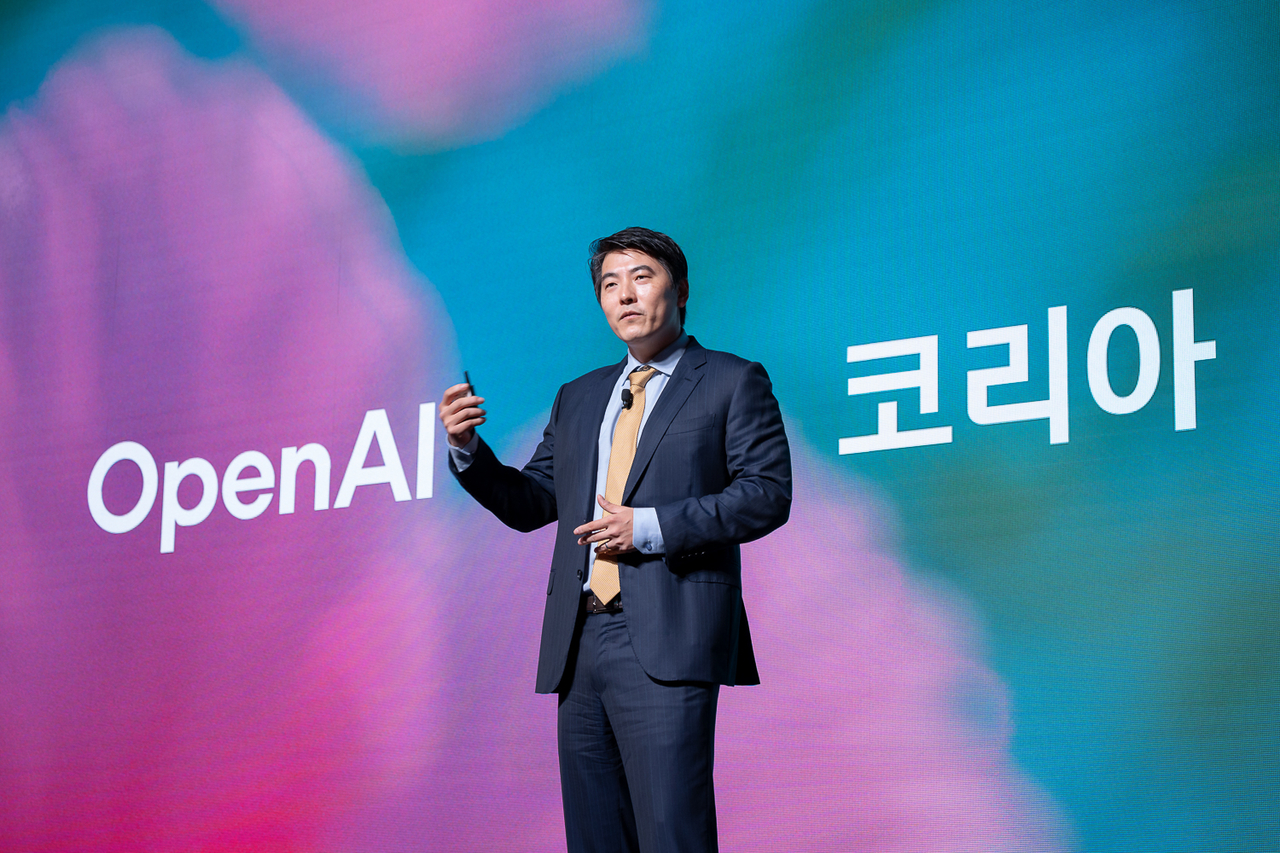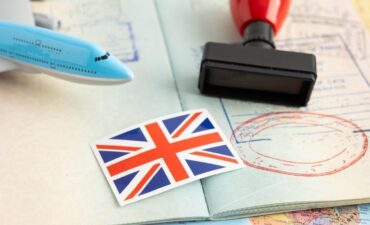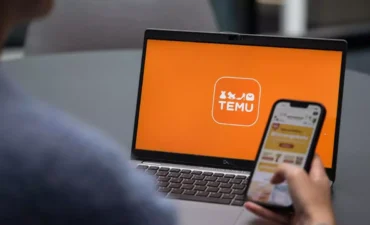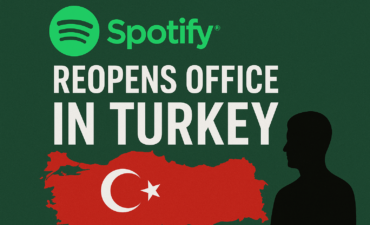This week’s stories are about tech, gadgets and autonomous vehicles, coming from EU, Korea and USA
1-Apple blocks AirPods real-time translation feature in EU
Apple is blocking access to a new real-time translation feature on its latest AirPods in the European Union, citing regulatory concerns tied to the bloc’s Digital Markets Act (DMA).
The feature, unveiled with AirPods Pro 3, will not be available to EU customers, according to Apple’s support page. The company said the tool is restricted “if you are in the EU and your Apple account country or region is also in the EU.”
I saw this story at Politico and the restriction follows a European Commission decision in March requiring Apple to make certain services interoperable with rival devices under the DMA. Apple explained that the move was not related to other user data protection rules, according to the story.
The translation function requires an iPhone with Apple Intelligence running iOS 26, which rolled out Sept. 15. The AirPods Pro 3 are set to ship Sept. 19. The feature is also available on AirPods 4 and AirPods Pro 2 outside the EU, the story noted. (By the way I have a story here about Apple)
Apple previously delayed releasing other tools in the region, including Apple Intelligence generative AI features, over DMA concerns, per the story.
A European Commission spokesperson said the decision to withhold the translation service was made solely by Apple. “The Commission has not been consulted, and we are not able to understand the nature of Apple’s concerns. The DMA does not impede the launch of new products in EU markets. To the opposite, it preserves innovation and freedom of choice,” the spokesperson emphasized.
Richard Windsor, founder of Radio Free Mobile, explained the technology processes audio captured by the AirPods through iPhone-based models, then relays translations in real time. Users’ responses can appear as text on the iPhone screen or be exchanged directly if both parties use AirPods Pro 3.

AirPods Pro 3 (Photo: Apple)
2-Is Europe falling behind in the race for self-driving cars?
Autonomous vehicles are advancing rapidly in the U.S., China and the U.K., but Europe risks losing ground as it struggles with fragmented infrastructure, patchy 5G coverage and uneven regulations.
I saw this story at The Next Web and Jelle Prins, who helped build Uber’s first app, told TNW in a recent interview that self-driving cars are the next step in mobility, and their arrival in Europe is a matter of “when, not if.”
While carmakers are gradually adding semi-autonomous features such as adaptive cruise control, experts say public transport is likely to adopt AVs sooner. The European Commission is funding driverless transit projects under Horizon 2020, but rivals are moving faster. Waymo already operates robotaxi fleets in several U.S. cities, Baidu has tested its Apollo Go service in 15 Chinese cities, and the U.K. passed its Automated Vehicles Act in 2024 to speed up deployment, according to the story.
Analysts warn Europe’s lack of harmonized rules could slow adoption. Liability remains unresolved: if an AV crashes, responsibility could fall on the manufacturer, the software maker or even the passenger, the story noted.
AVs also raise broader challenges. According to KPMG, automation could cut public transport costs by half but disrupt millions of transport jobs, potentially costing €14 billion annually in the Netherlands alone. Cybersecurity is another concern; researchers last year demonstrated a hack that could trick cars into “seeing” phantom vehicles.
Safety perceptions remain mixed. A Swiss Re study found Waymo vehicles had up to 92% fewer liability claims than human drivers, but other research shows AVs still struggle in complex traffic scenarios. Public expectations are high, with many people holding autonomous systems to stricter standards than human drivers.
Prins predicted AVs will be on European roads “soon.” But whether Europe can match the pace of the U.S. and China depends less on technology than on how quickly governments and societies adapt.

Is Europe falling behind in the race for self-driving cars? (Photo: TNW)
3-OpenAI opens Seoul office, eyes partnerships with Samsung, SK and Kakao
OpenAI opened a new office in Seoul, which is 12th globally and third in Asia, underscoring the ChatGPT maker’s ambitions to make South Korea a hub for artificial intelligence innovation.
I saw this story at Korea Herald and OpenAI’s Chief Strategy Officer Jason Kwon pointed to Korea’s mix of advanced infrastructure, tech-savvy consumers and global industry leaders as reasons for the company’s expansion.
Kwon cited opportunities to collaborate with Samsung Electronics and SK Group in areas ranging from chip development to data center infrastructure. OpenAI also reaffirmed its alliance with Kakao, announced in February, which will integrate ChatGPT into Kakao’s platforms, according to the story.
South Korea has become OpenAI’s largest market in the Asia-Pacific region, and its second-largest globally for paid ChatGPT subscriptions after the United States. The company said the country has seen a fourfold increase in weekly active users and tripled paid subscriptions over the past year.
OpenAI is also moving to deepen academic links, with a memorandum of understanding set to be signed Thursday with Seoul National University, the story emphasized. Kwon said the company is exploring partnerships with the Korean government and potential investments in local data center infrastructure.
Since the launch of ChatGPT in 2022, OpenAI has reported more than 700 million weekly active users worldwide. Korea ranks among the global top 10 markets for API-based usage.
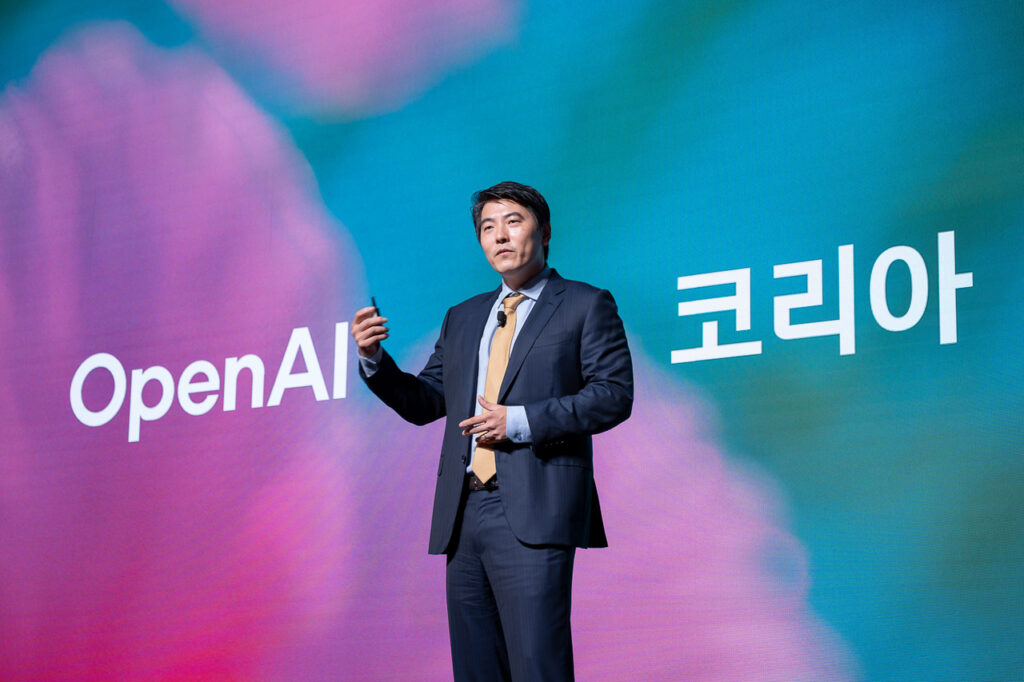
Jason Kwon, Chief Strategy Offcer at OpenAI (Photo: Korea Herald)

